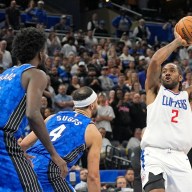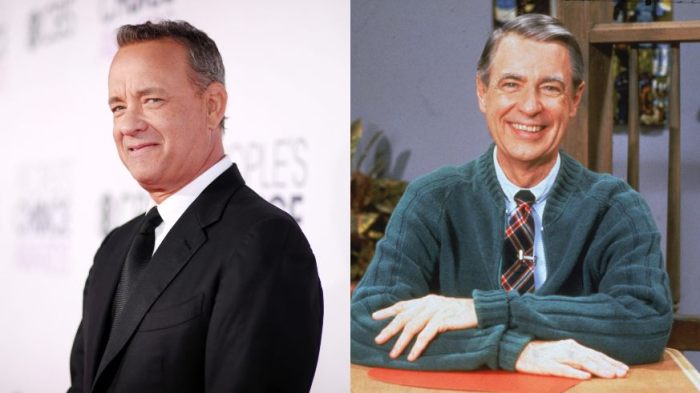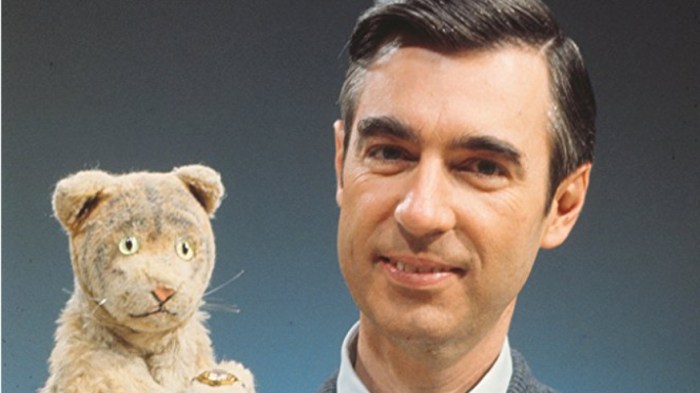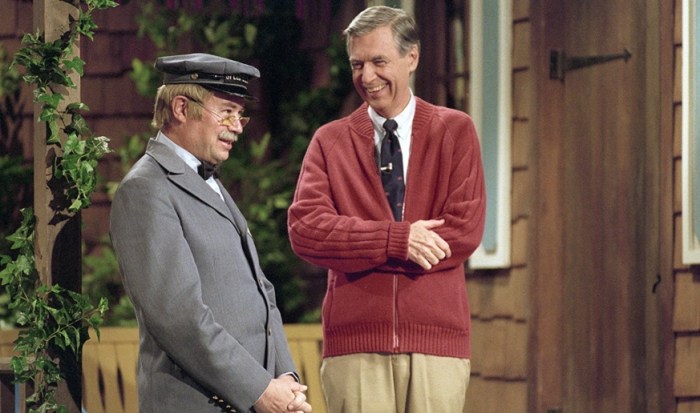Won’t You Be My Neighbor could easily have just been a nostalgic trip that pulled at the heart strings of its viewers, most of whom grew up with Fred Rogers and his beloved children’s television show Mister Rogers’ Neighborhood.
But writer and director Morgan Neville wanted to go deeper. “I didn’t want to make a nostalgia piece. Nostalgia is nice but it is fast food and it doesn’t ask much of the viewer … I wanted the film to be about ideas.”
“The things he was talking about are the most fundamental, basic issues of how we should live together in a society. What kind of neighbors are we going to be? How do we treat each other? How do we treat ourselves?”
Neville is well aware that “Won’t You Be My Neighbor” comes at a time when these ideas “feel under threat,” which is exactly why it is so necessary.
“Hearing Fred Rogers’ voice now as an adult, and some of the speeches he gave, that made me realize, ‘That’s a voice we need today. Where’s that type of voice in our current cultural dialogue?’ I am very curious about where the grown-ups in our culture are.”
“Because, to him civility and kindness and neighborness were not quaint notions like unicorns and rainbows. They were like oxygen. They had to be appreciated and nurtured.”
“And if you don’t then they don’t necessarily last. And I think that we live in a time where that is taken for granted. We assume that the social compact will always hold. And I am not so sure.”
But while “Won’t You Be My Neighbor” highlights just how unique a voice Fred Rogers had, not just in comparison to now, but in comparison to the whole history of television, it also exposes the skill, heart, intelligence and craftsmanship that he put into the show.
“Fred was really an auteur. He took an auteur approach to what he created, and every element he controlled. He was a perfectionist.”
“Every little detail had to be perfect. It seemed so simple. But it was simple and deep. And people mistake simple for superficial. It was all so considered. That’s the thing that people didn’t pick up on.“
The quaint and simplistic nature of “Mister Rogers’ Neighborhood” often meant that its depth, quality and artistry was overlooked. Even by Rogers himself.
“Fred was kind of a tortured artist. Fred was full of doubt and insecurities. There were a lot of letters when he was young, but even him on his death bed asking, ‘Was I a sheep or a goat? Did I measure up?’ You would have thought that of anybody in the world Mr Rogers would have felt like he had accomplished enough.”
Neville actually believes that these doubts pushed Rogers onto reach the heights he did.
“If he had felt like he had accomplished enough then he probably wouldn’t have done all of this work. I think his doubts were what drove him to work as intensely hard as he did for 50 years.”
“I do think that the human struggle was what I wanted to capture. If there was ever a character that I could sanctify it was Mr Rogers. But it was really important to me that he struggled.”
“Won’t You Be My Neighbor” is now in select cinemas across the US, but will expand to even more theaters over the next few weeks.


















